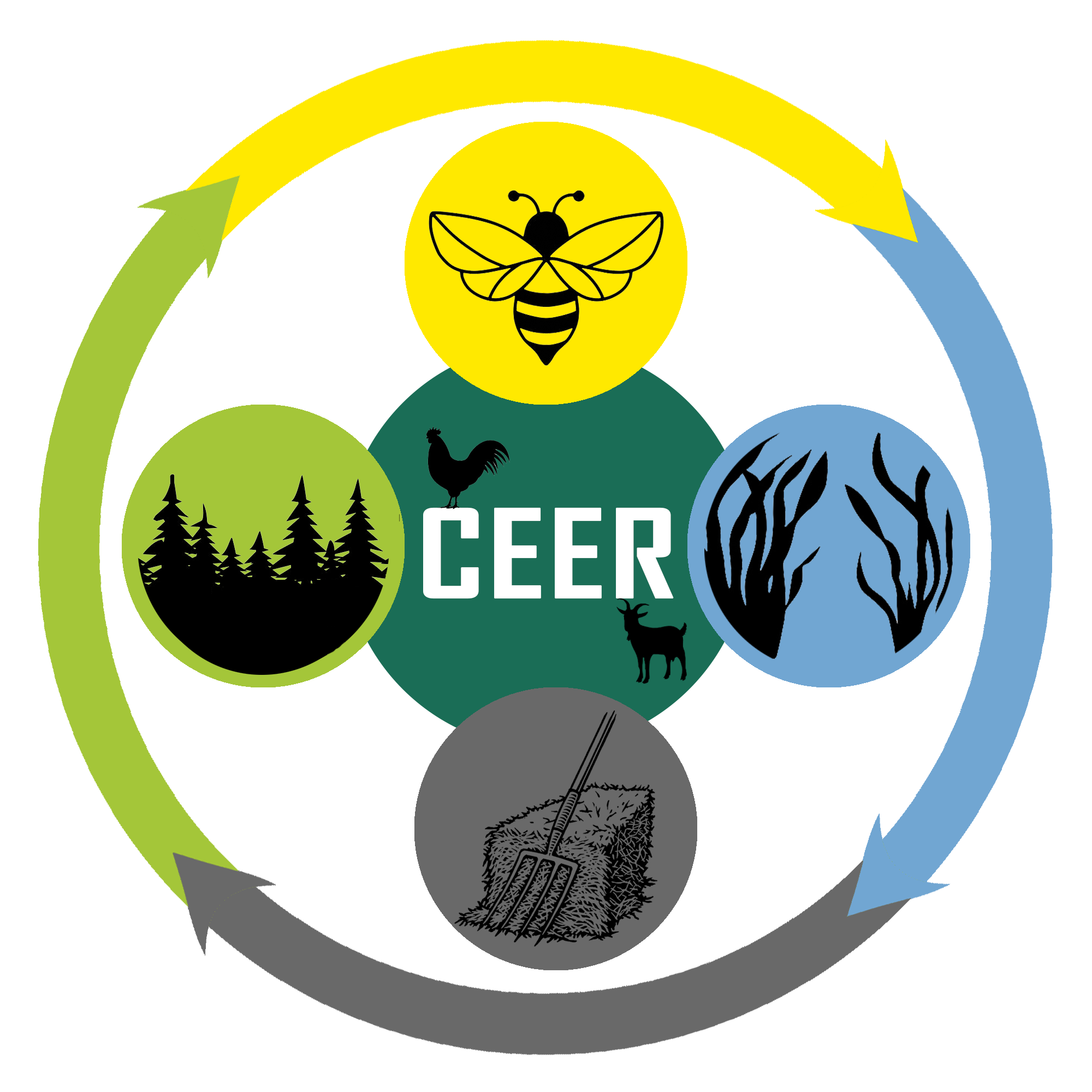Establishing the Circular Economy-based livestock sector through collaborative Educational and Research activities (CEER)

The livestock sector is one of the major sources of income, employment, and livelihoods of people globally. Moreover, it is a significant contributor to the rural economy, particularly in the low- and middle-income countries (LMICs). With a rise in the human population and in light of the recent COVID-19 pandemic, the role of the livestock sector has been even more noteworthy in achieving global food and nutrition security. However, besides its role in global food and nutrition security, the livestock sector also contributes to greenhouse gas (GHG) emissions.
This project aims to develop and implement new educational and research activities in alternative feeding strategies via global cooperation (staff and student mobility) to create a more productive, sustainable, and environment-friendly livestock industry in the future. The project primarily focuses on developing teaching methods and research activities on three major alternative feed sources as by-products and forest biomass, insects (utilizing bio-wastes), and underutilized aquatic plants.
This project is coordinated by Associate Professor Prabhat Khanal from Nord University, Norway in collaboration with Kathmandu University, Nepal, and Agriculture and Forestry University, Nepal. The project was funded by the Norwegian Agency for International Cooperation and Quality Enhancement in Higher Education (HK-dir) under the Norwegian Partnership Program for Global Academic Cooperation (NORPART) with support from the Norwegian Ministry of Education and Research (MER), and the Ministry for Foreign Affairs (MFA) (project nr. 2021/10345).
Contact
Prabhat Khanal, Project coordinator: prabhat.khanal@nord.no
Monica Brobak, Head of International Office at Nord University: monica.brobak@nord.no
Marit Jendine Vik Bjørkmo, Senior advisor at Nord University: marit.v.bjorkmo@nord.no